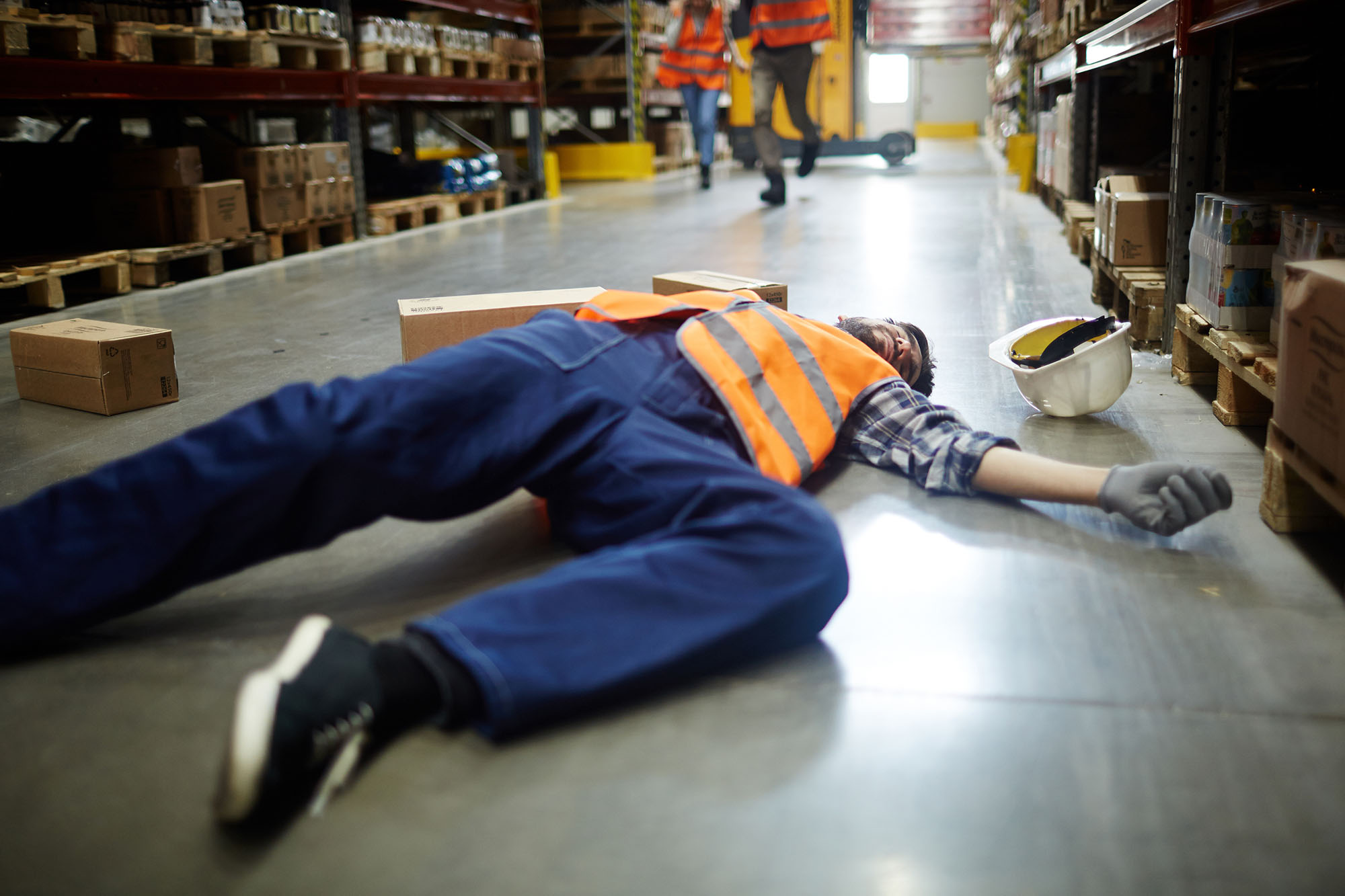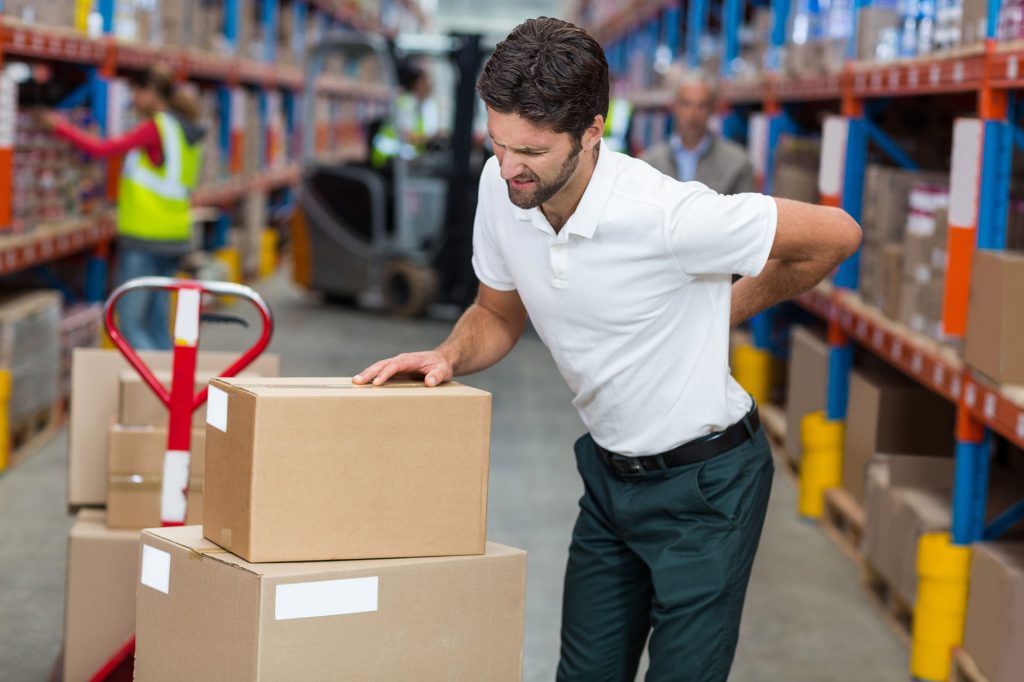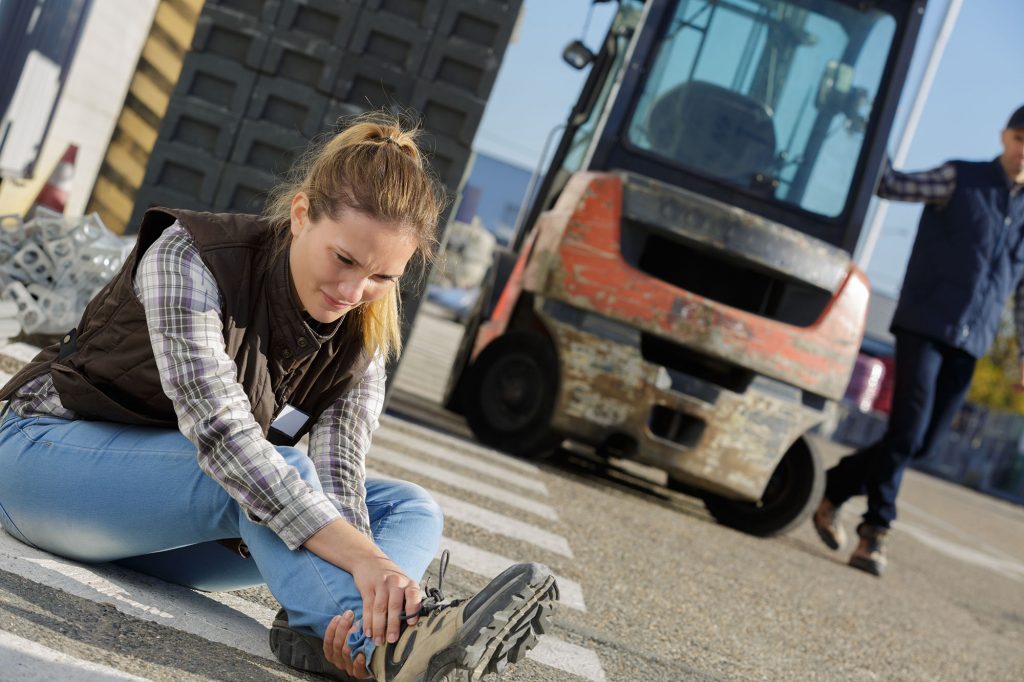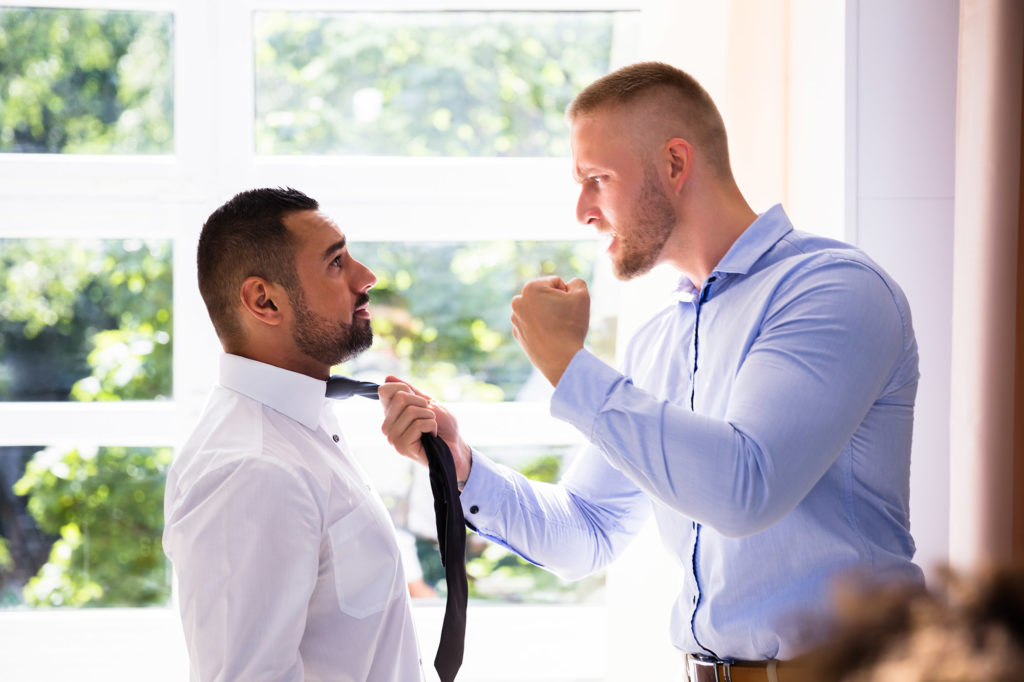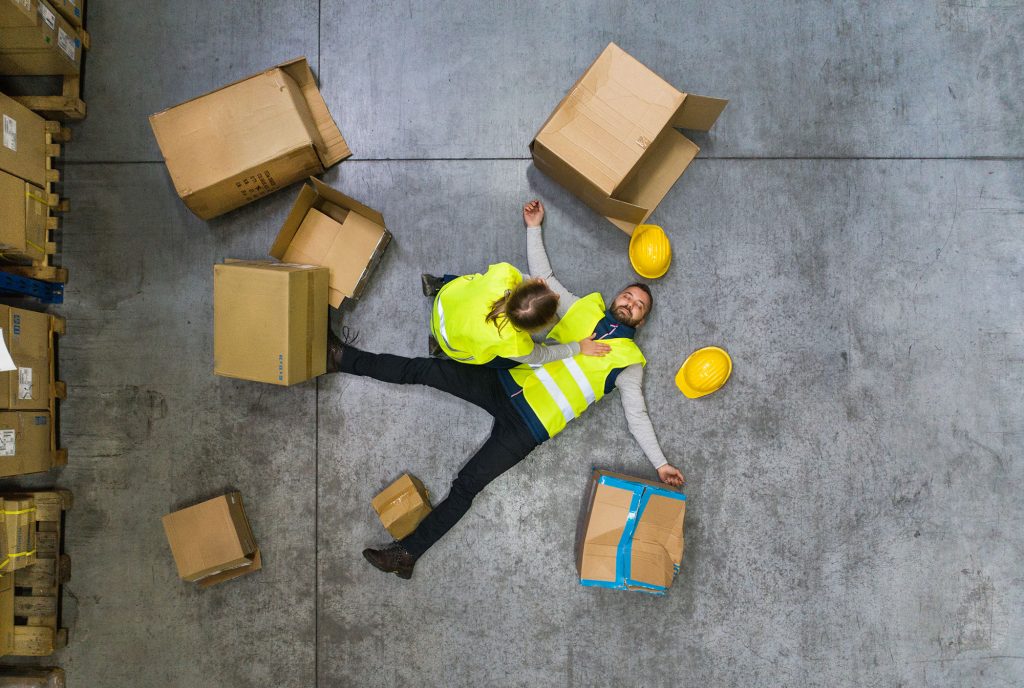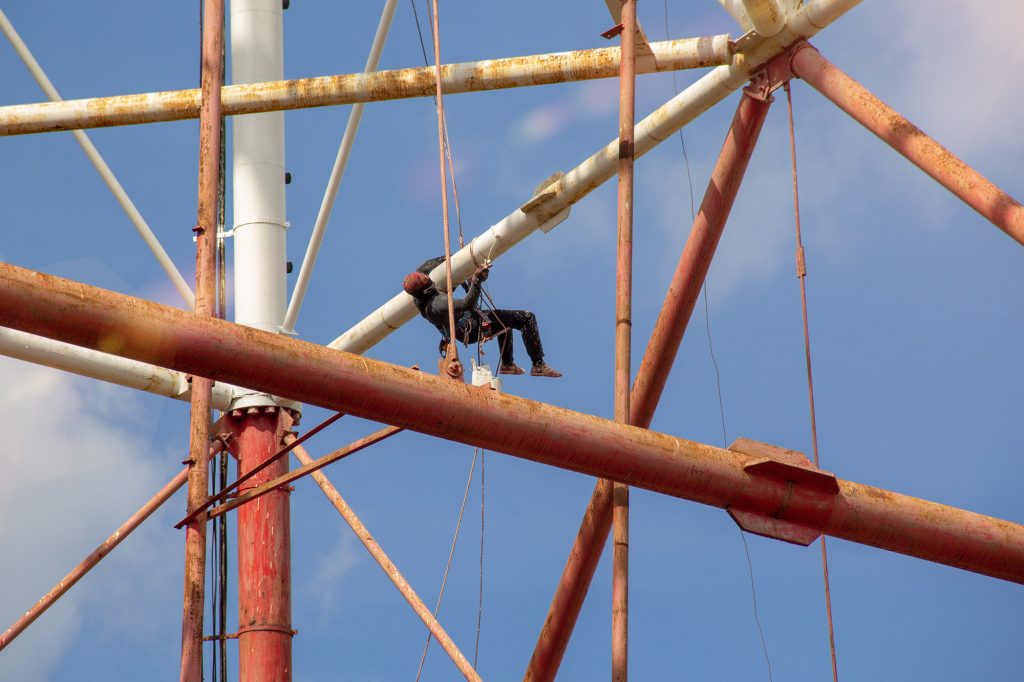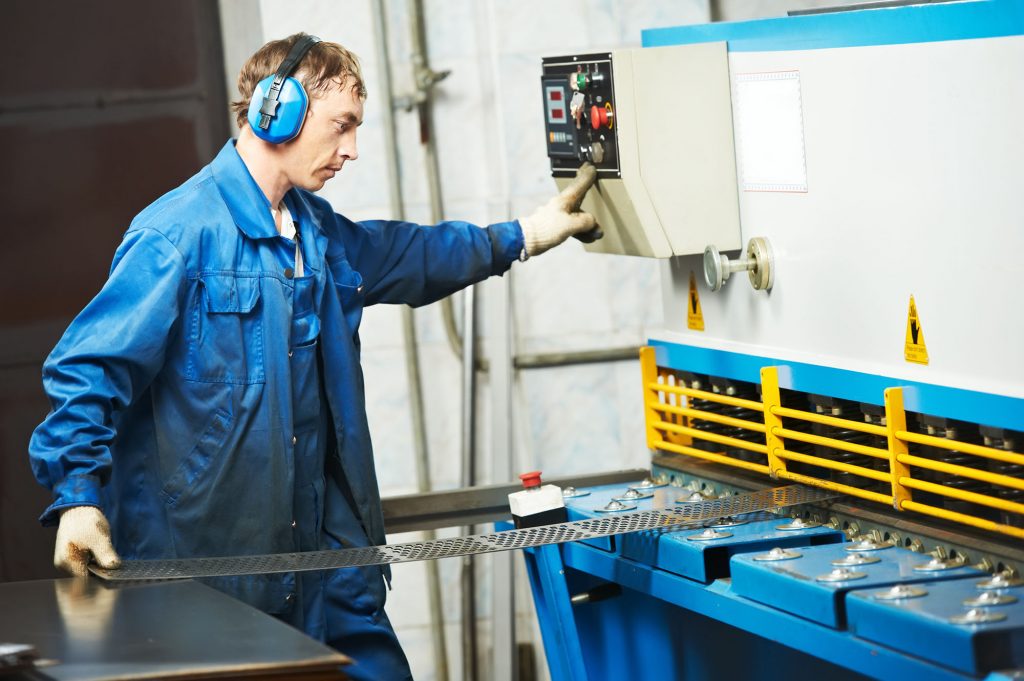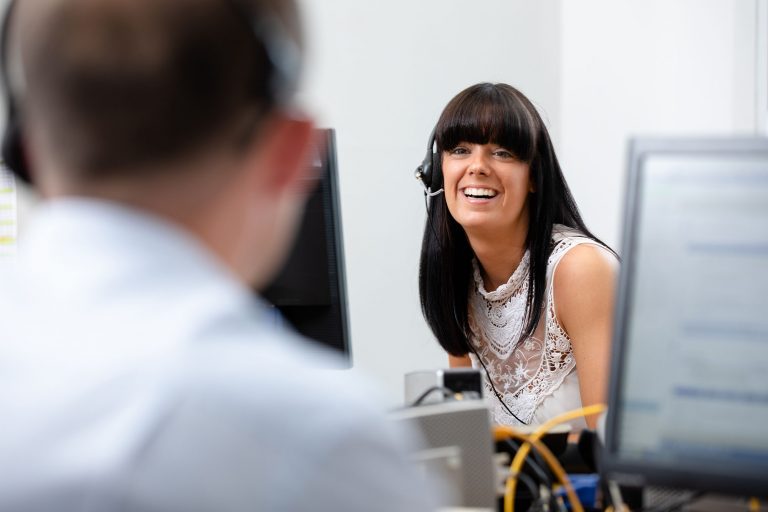Slips, Trips, and Falls at Work — Claim Injury Compensation
If you have suffered a slip, trip and fall injury at work, contact us to find out if you can claim compensation. Our team will assess your claim for free, and provide our service on a no win, no fee* basis. Call now on 08082391859^.
Workplace Slips, Trips, and Falls in the UK
Of the almost 70,000 non-fatal workplace injuries reported to RIDDOR in 2018/19, 29% of them were for slips, trips and falls on the same level. Falls from heights are under a different category and are potentially life-threatening. Fortunately, these trips and falls or slips and falls proportionately lead to fewer days of work for the injured and tend to result in less severe injuries, but they’re no less a serious matter.
In the grand scheme of accidents at work, 90% of injuries reported to RIDDOR resulted in a fracture of some form or another, usually to arms or legs. These types of injury are more commonly seen as minor. But, correlating statistics and the level of underreporting to RIDDOR, it’s fairly evident that a lot of slips, trips or falls at work don’t actually get reported unless the injury is quite severe.
Claim compensation for employer negligence resulting in slips, trips, and falls.
Accidents do happen, but accidents should also be preventable and at Friends Legal our specialist workplace injury solicitors** aim to hold employers accountable for negligent or complacent practices that put their employees at risk. We seek to claim compensation for personal injuries you’ve sustained that may make your life difficult as a result.
You can get in touch via phone now for a no-obligation chat if you have questions on 08082391859^, or read on for more information about slip, trip and fall injuries from work.
Factors resulting in slips in the workplace.
There is some confusion amongst people as to what a slip in the workplace manifests as. Generally, people don’t just slip over and wind up on the floor — there are external factors; often preventable. A slip occurs when there is a loss of friction between the person and the surface the person is travelling on.
Cleaning can be a cause of this, if you’ve slipped on a wet surface, or slippery floor, it is often because the surface hasn’t had sufficient time to dry. These types of hazard at work are almost invisible if your attention is elsewhere, like on your job role, so clear signage and alternative pathways are imperative to avoid slip accidents.
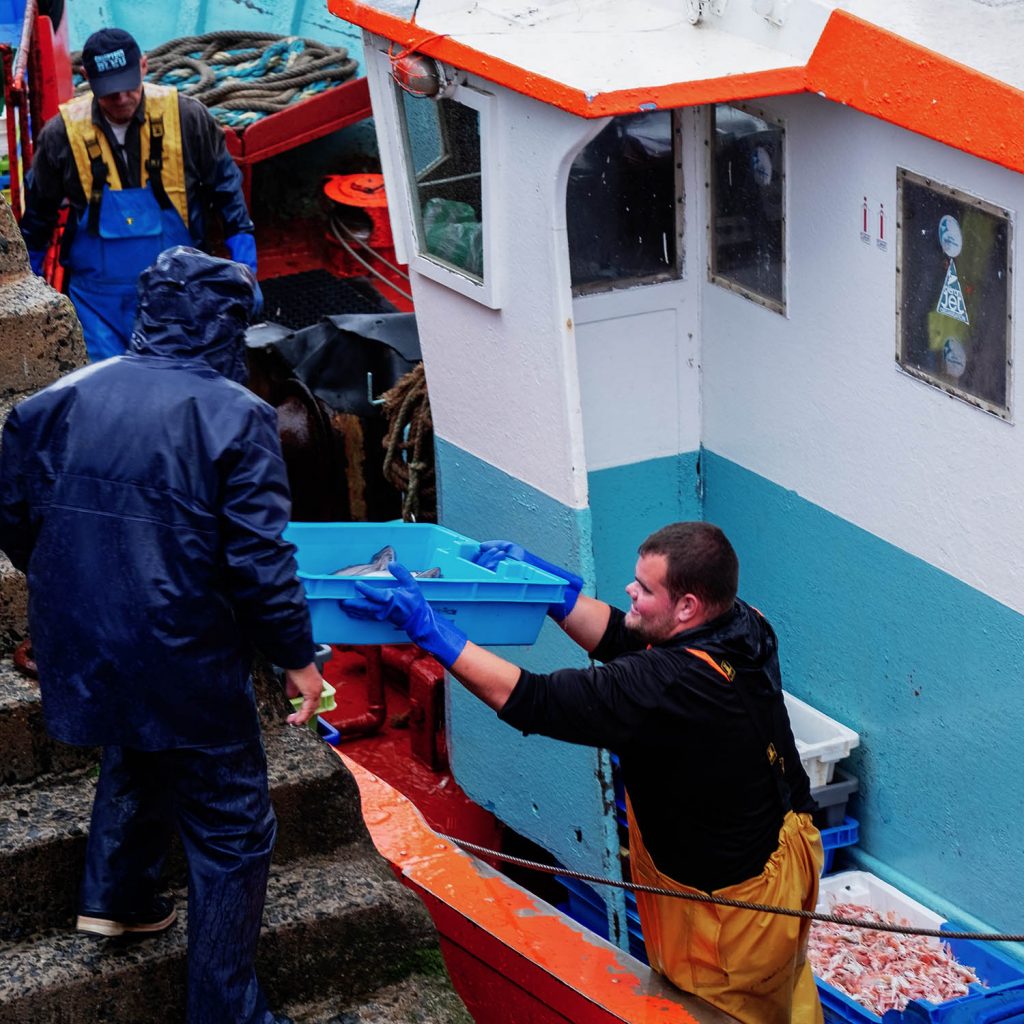
Correct footwear is also essential, especially when working in environments that require very clean surfaces that can be prone to contamination, like food processing, or when frequently traversing stairs, like in hotels and accommodation.
People can be at fault when manually handling large objects that can obstruct their view, or when they’ve not cleaned up spillages right away. In both cases, it is essential to ask for help and make people aware of the hazards.
Sometimes, slips can be a direct result of contamination, from overflowing, leaks or even wet footwear. In such circumstances it is imperative to make colleagues aware and to deal with the hazards.
What are the main causes of tripping at work?
Like slips, trips aren’t something people just do — something must cause it. Tripping at work ought to be avoidable, if not more so because slips often comes about from environmental factors, trip hazards are almost exclusively from human oversight.
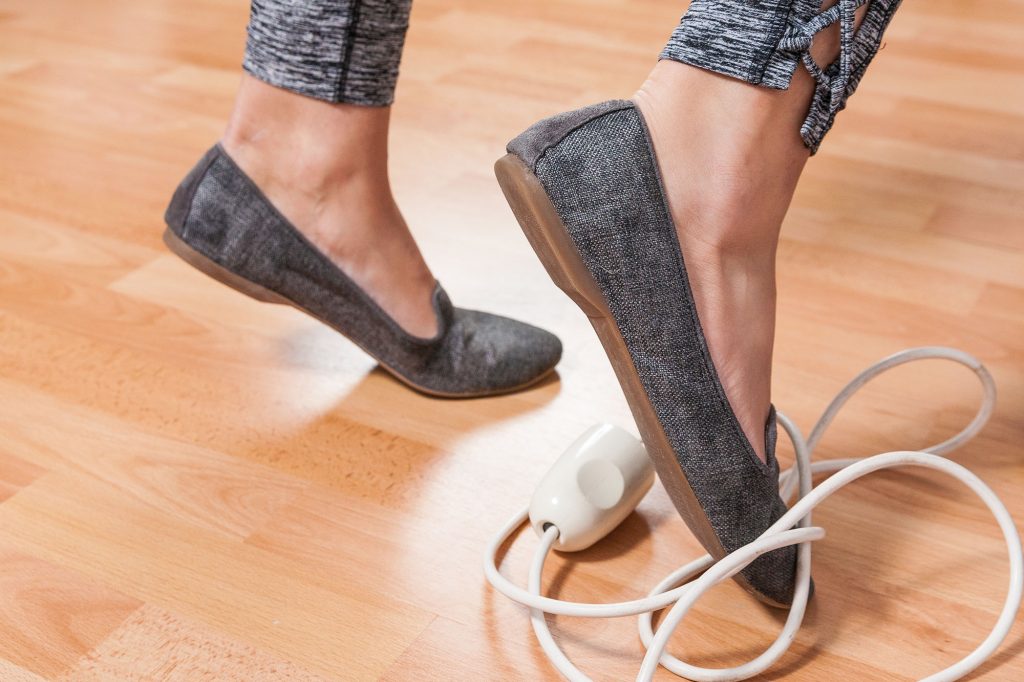
In industries that handle a lot of moving objects, such as construction, having walkways obstructed can lead to tripping, especially when such hazards aren’t clearly marked. If you’re answering emails on the move and someone has left equipment where they shouldn’t, they’re putting your safety at risk. It could also be seen that the employer isn’t providing enough storage or supervision to avoid this sort of incident, as the responsible party will have needed to unload somewhere, and might only be partially at fault.
Trailing wires play a big part in trip hazards too, where the design of the working environment hasn’t been properly considered. This can happen in boardrooms, where electrical outlets are on the walls or floor, creating a gauntlet of power supply cables around the conference table.
What is a fall on the same level?
A fall is what follows from tripping or slipping and is colloquially ties into the phrase “Slips, trips and falls”. Generally, if an accident at work is exclusively a fall, it is usually a fall from a height, which is another very serious manner that has resulted in fatalities, even in the last year.
You can fall down as a result of violent physical assault, which accounts for 8% of all injuries reported. If you’re assaulted at work, it’s usually black eyes, but being knocked down can result in complex injuries from the fall.
A fall on the same level therefore is mostly a result of having slipped or tripped from the types of hazards mentioned above, you slip and fall, or trip and fall.
The fall, however, is where the personal injury occurs. Impact from trying to break your fall can result in fractures or even breaks to your arms. It can cause head injury where the aforementioned isn’t possible, or a leg injury where it has been knocked or struck against during the fall.
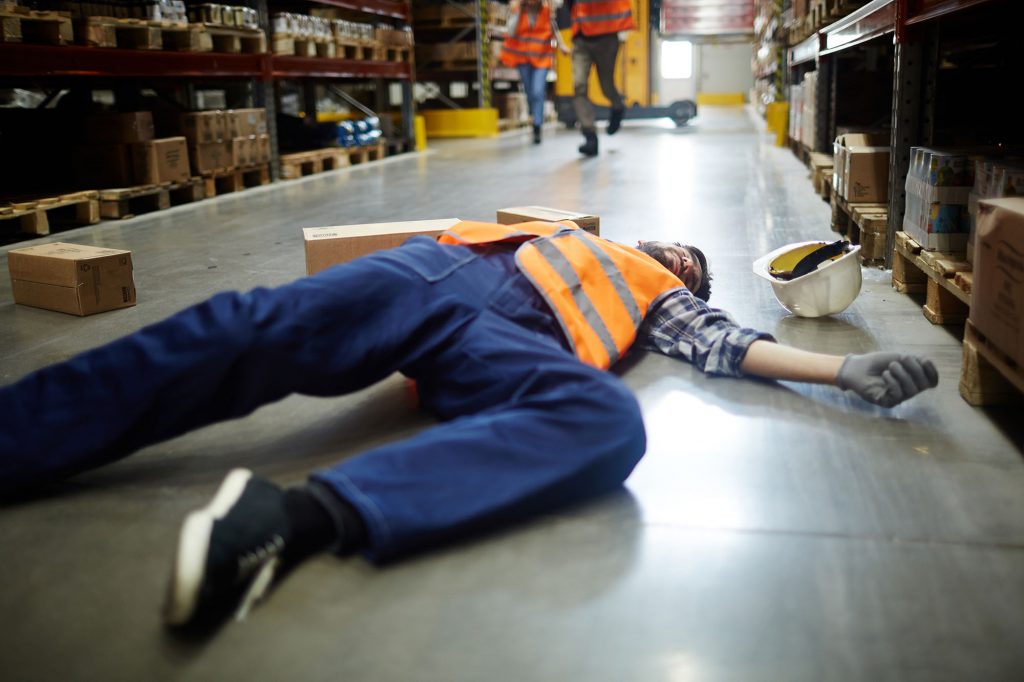
How can slip, trip and fall accidents be prevented?
Whilst it’s impossible to forecast every hazard that results in slipping, tripping and falling, a change in attitude relating to employees’ safety would be very welcome. Here are some simple methods to deal with a potential hazard:
- Communicate with colleagues and managers when spotting a slip or trip hazard.
- Clearly mark areas where the hazards are and provide alternative routes.
- Ask for help, if you need to clean a spillage, running off for cleaning supplies and leaving people none-the-wiser is risky.
- Avoid walking with your view obstructed, especially with phones in play, wait until you’re stationary before answering group-chats, especially so as continuous exposure to work communication has contributed to a significant increase in workplace stress.
- Establish a mentality of hazard spotting in teams — if it is raining cats and dogs, and you’re working on vinyl floors, the whole team is at risk.
- If a situation arises where you’re put in an impossible decision, it could be that your employer hasn’t done their due diligence in risk-assessment or providing adequate supervision. Always raise issues with management when you sense a potential risk.
What should you do if you’ve had a slip or trip and fall at work?
From the Labour Force Survey, it appears that there could be as little as 10% of accidents at work being reported to RIDDOR by employers. Some of the most common industries to be injured in this way are public admin, accommodation & food services, and wholesale & retail, which as a whole makeup 24% of the UK workforce. It seems like there is a culture of brushing off such accidents and assuming the person involved made a silly mistake or wasn’t paying attention.
Make sure your accident is logged in the Accident Book, however minor it might feel. The helps to a) get people to treat the incident seriously and b) evaluate the events surrounding the workplace accident later on during personal injury compensation claim proceedings.
It is also a smart idea to make notes of any trouble you face after the work accident. It isn’t always immediately apparent any musculoskeletal disorders that result from the injury. These can often cause serious issues for your wellbeing or lifestyle and will likely increase how much compensation you are entitled to.
What are the typical injuries sustained from a slip trip fall accident?
For the most part, injuries from having slipped and fell or tripped and fell are minor and that partly explains why they are underreported by employers, but any accelerated contact with the floor produces risks.
- Taking body weight whilst falling onto your hands or knees can cause fractures, breaks, or sprains.
- Head contact with uneven surfaces can cause skull fractures, brain damage and even whiplash to the neck.
- Twisting during a fall can also lead to back injury, one of the most common areas of complaint for musculoskeletal problems.
What types of workplaces tend to be worst for slips, trips and falls?
Is has been a consistent source of shock to us at Friends Legal how often industries considered as “safe” have injured employees. Workers of any industry can have slip trip and fall accidents, some of the most common are:
- Construction
- Manufacturing
- Wholesale and Retail Trade
- Transportation and Storage
- Accommodation and Food Service
- Administrative and Support Service
- Public Administration and Defence, Social Security
The list obviously isn’t exhaustive, but these have historically been some workplace environments we have helped employees claim compensation against their employers.
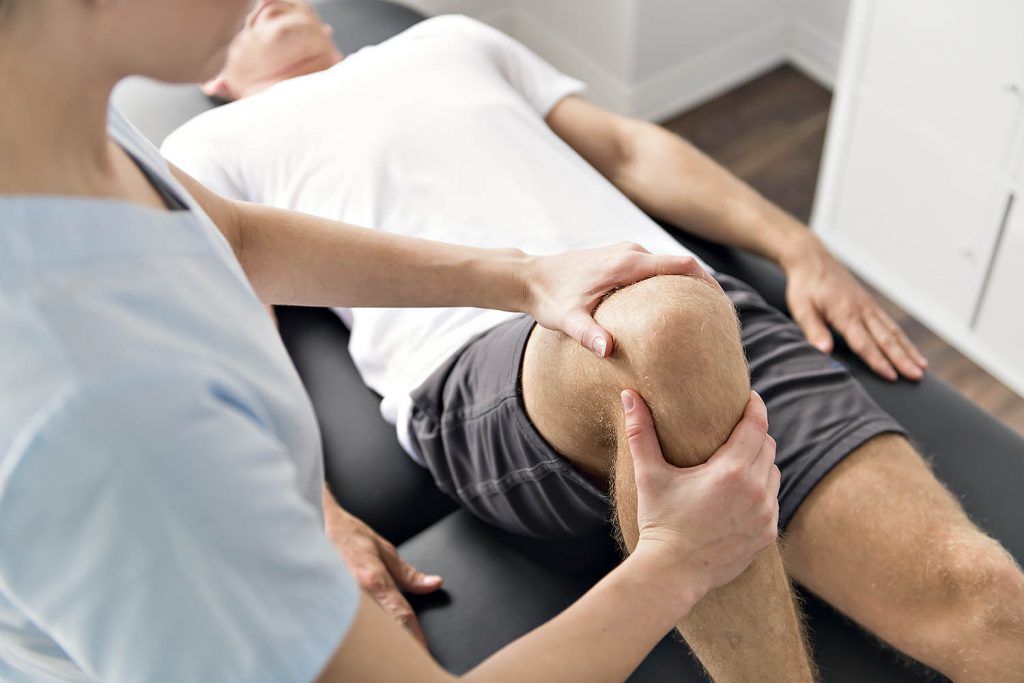
Do I have a case to claim compensation from my employer if I’ve been injured by a slip, trip or fall?
Claiming for an injury after having slipped and fell or tripped and fell isn’t the easiest claim for compensation to make. Assigning liability and establishing if there was employer negligence can be difficult considering the culture of these types of accidents at work; often people walking with phones are automatically deemed to be at fault. Therefore, it is very important to record any details surrounding the event, collect evidence from witnesses if there was any and establish the cause and effect for the injury you sustained.
If you’re unclear whether you have a claim for compensation, you can call our lawyers** on 08082391859^ for a no-obligation discussion on the events surrounding your accident at work. We’ll do our utmost to help you.
What advantages do I have if I claim for slips, trips and falls compensation with Friends Legal?
- We have a team of technical qualifiers who can assess your claim for free. If they feel you have a case, we bring your claim to one of our panel solicitors — that way you don’t run up any legal fees by just asking questions.
- Our telephony team is open 24hrs a day, but you can leave them a message with our contact form, and they’ll get back to you within a few working days.
- Our panel of workplace injury solicitors can work on a no win, no fee* basis, meaning again, you’re not drumming up expensive legal fees by claiming for your personal injury.
- The team covers the whole of the UK, and you’ll be assigned a panel solicitor depending on if you’re in England and Wales, or Scotland.
- Our panel solicitors have helped thousands of injured people claim compensation.
- We can also help with rehabilitation; arranging physio as part of a whole accident management package.
- Our UK call centre is based in Manchester.
- We fight for the maximum compensation for your work injury, because ultimately your job is to make the company successful, and they should at least ensure your safety in exchange.
- When we calculate your claim amount, we factor in loss of earnings, general expenses and any ongoing costs incurred by the injury, so that you get the highest level of compensation due to you.
- We’re friendly, empathetic and here to help you however we can.
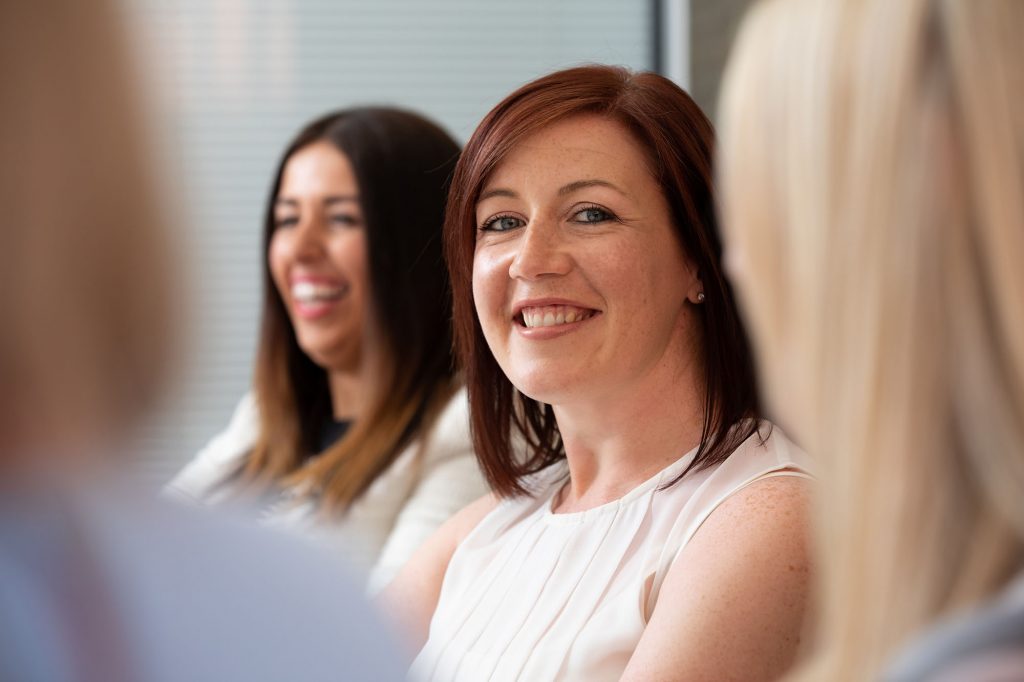
Get in touch with our workplace injury solicitors** today to find how if and how much compensation you could claim.
If you’ve had a slip, trip or fall accident at work and someone else is at fault, call our accident helpline today on 08082391859^ to start your claim — we’re here to help.


